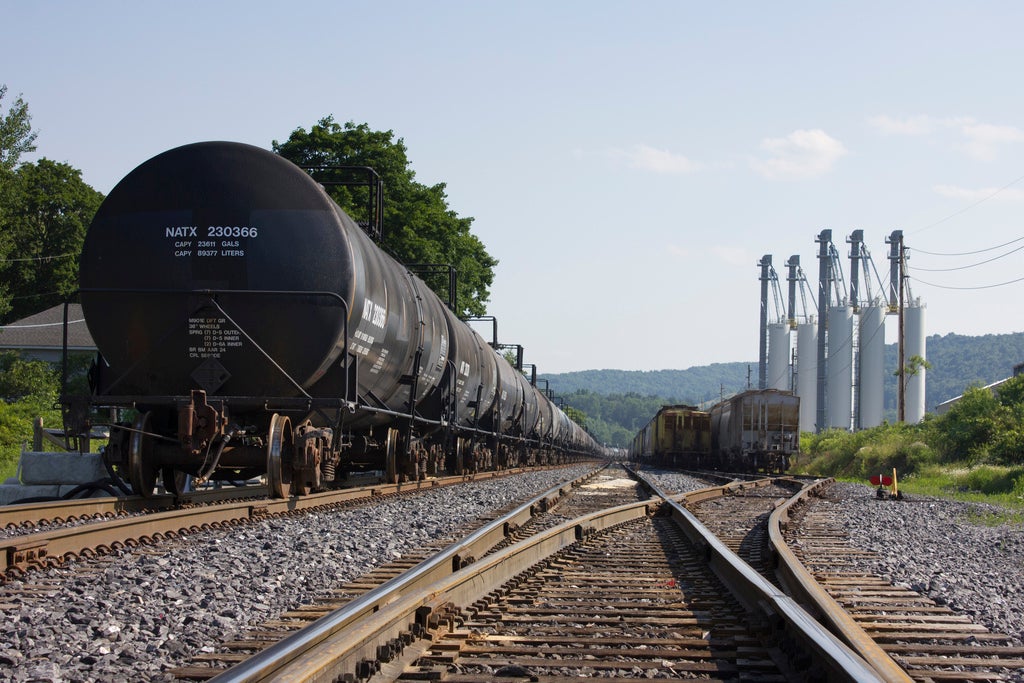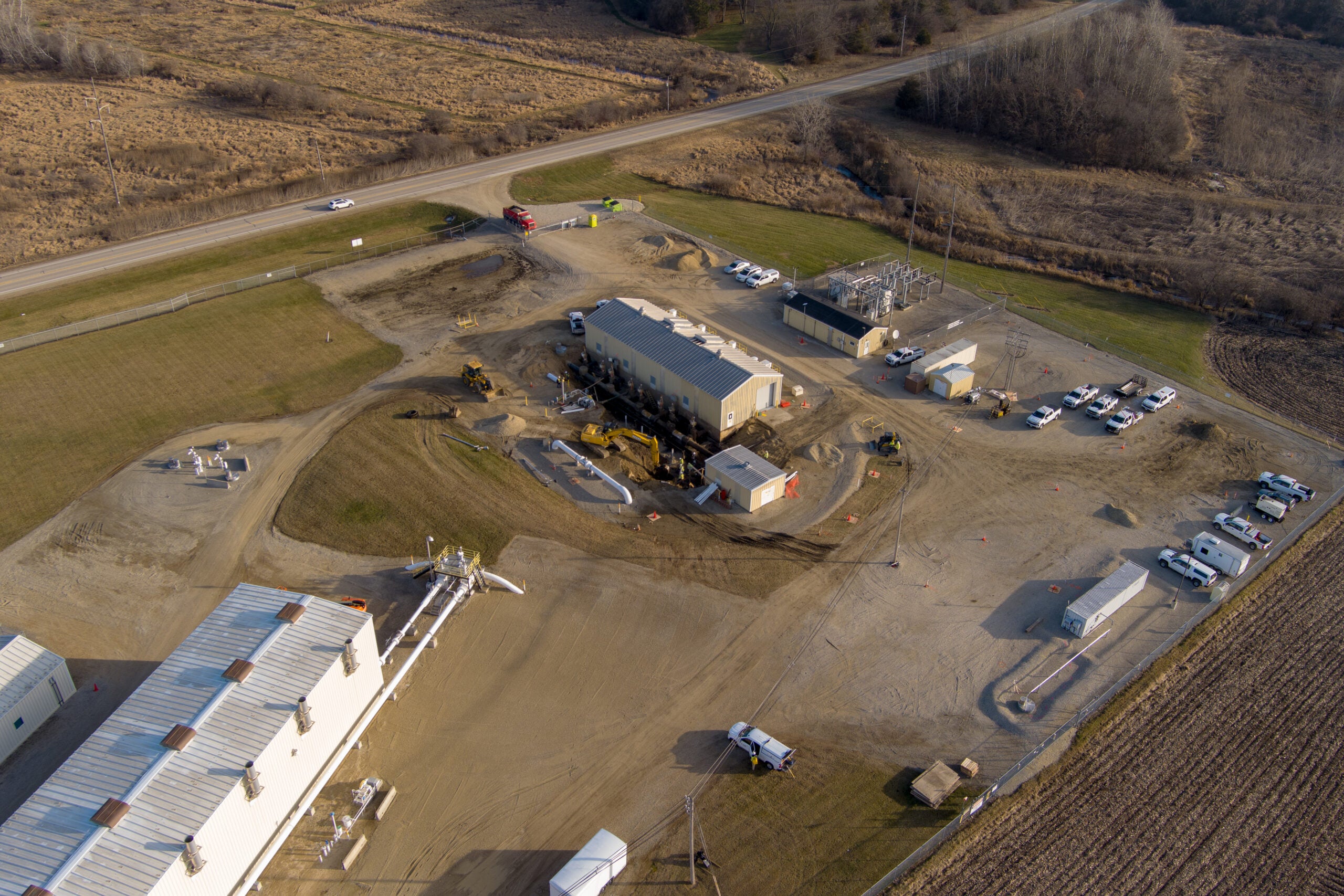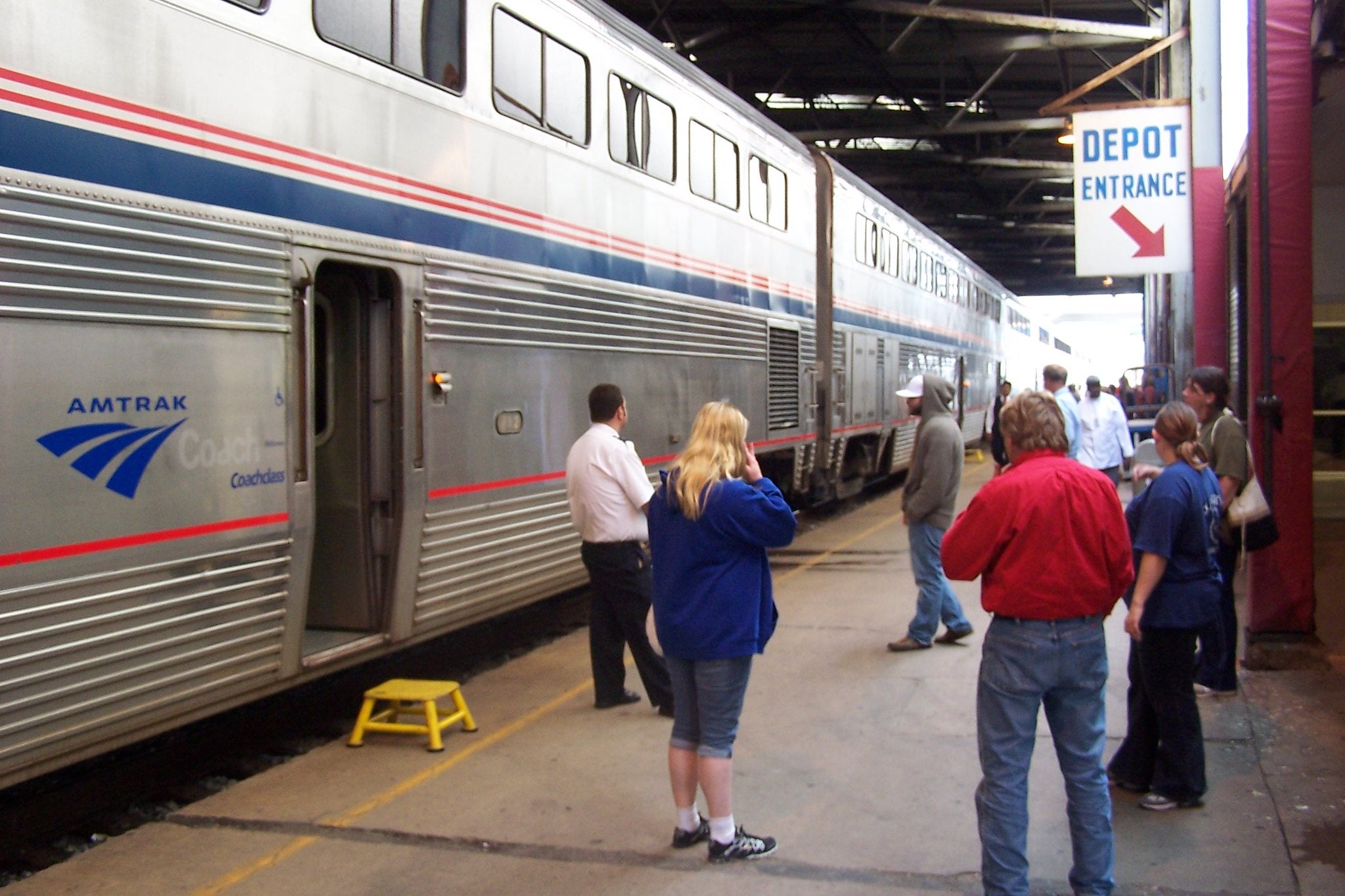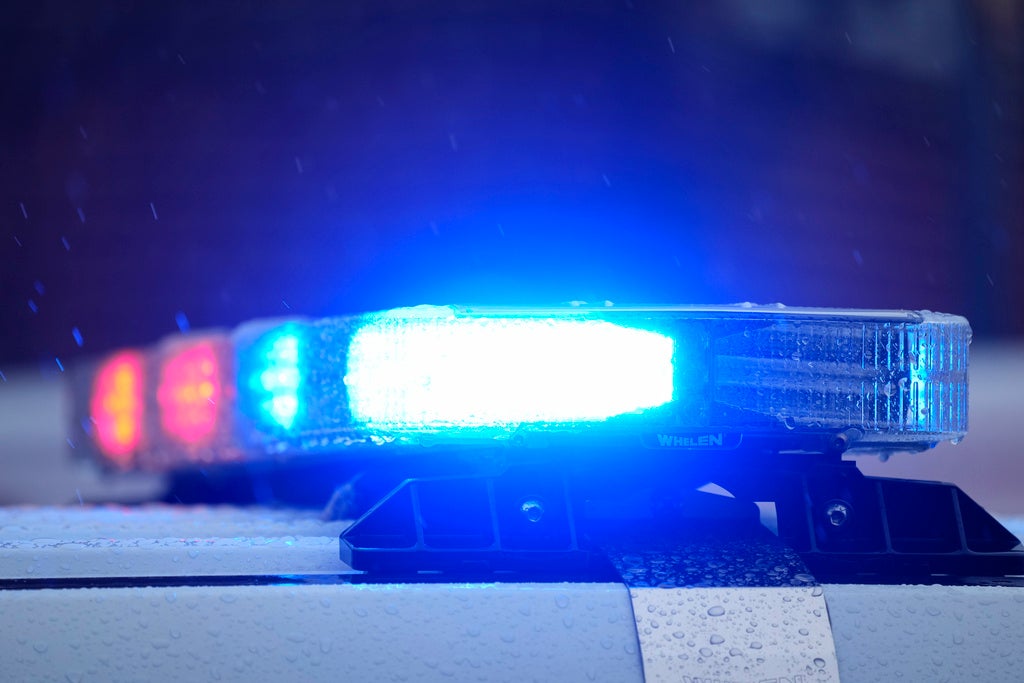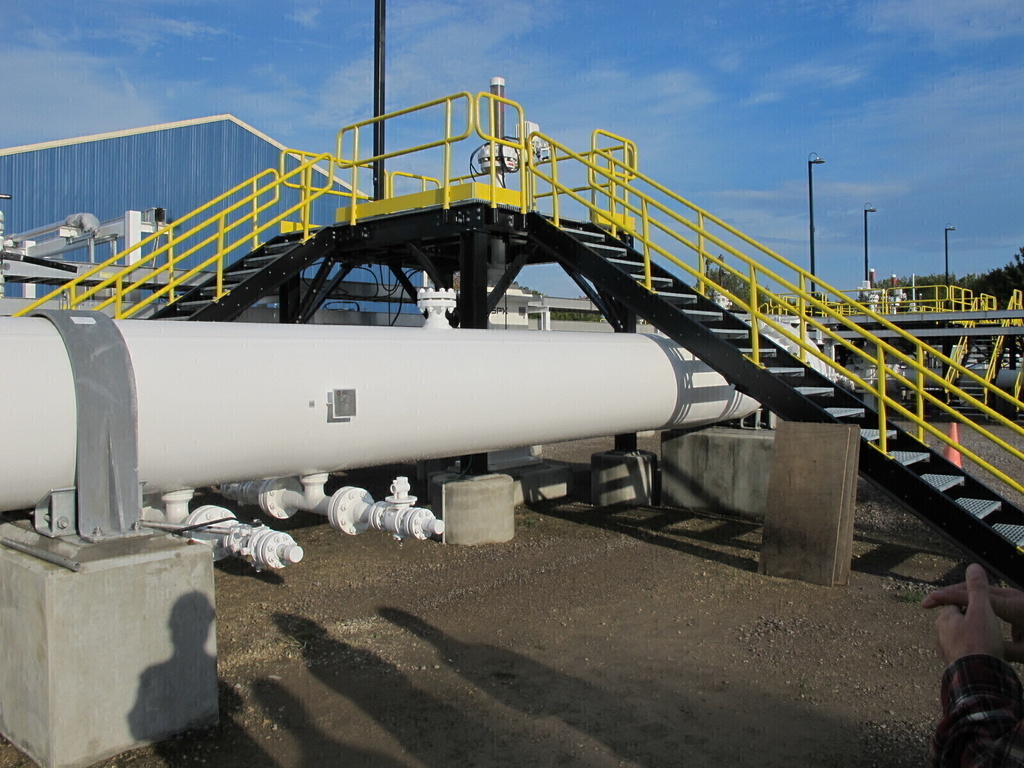The U.S. House of Representatives approved an extra $500,000 in funding on Monday to improve safety of the volatile Bakken oil transported in rail tankers across parts of the country, including much of Wisconsin.
The extra appropriation passed would go to the Pipeline and Hazardous Materials Safety Administration.
U.S. Rep. Ron Kind (D-La Crosse) said if it becomes law, it would mean more inspectors and closer scrutiny of the highly explosive crude oil from North Dakota’s Bakken fields.
Stay informed on the latest news
Sign up for WPR’s email newsletter.
“It usually becomes a bottom-line, dollars-and-cents issue, and you’ve got to be careful that these big railroad companies that are profiting handsomely through the increase of oil transport aren’t going to cut corners and go cheap,” he said.
Kind says Wisconsin rail lines are a major link for Bakken oil. He said part of the money will help county and tribal emergency management and first responders, “to make sure we have adequate rail safety plans with our local communities in place, make sure that we do have hazmat capability, make sure that there are enough inspections with not only the rail cars that are transporting the Bakken oil but the rails themselves.”
Just this month, the federal government began requiring railroads with trains carrying a million gallons or more of Bakken oil to report how much and where the crude travels. Wisconsin Emergency Management spokeswoman Lori Getter said two railroads meet the million-gallon criterion. She won’t say how much or where yet, but the tankers travel along the Mississippi River, and through Superior and central Wisconsin to Milwaukee.
“We are providing training, and I know the railroads are providing additional training – to fire departments, to communities along the rail lines where Bakken is being transported,” said Getter.
Kind said there were 11 Bakken oil tanker derailments last year alone.
Wisconsin Public Radio, © Copyright 2025, Board of Regents of the University of Wisconsin System and Wisconsin Educational Communications Board.

